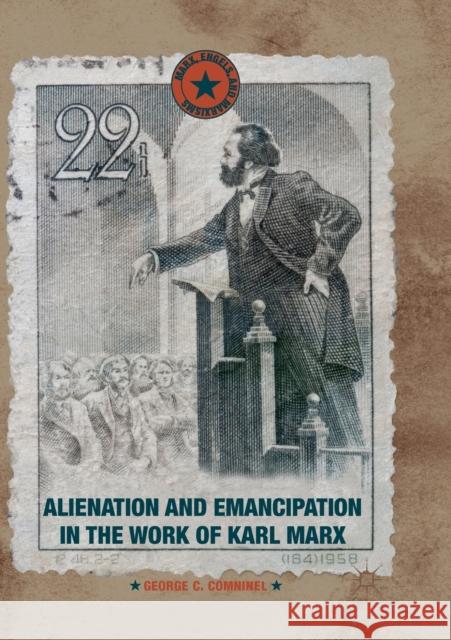Alienation and Emancipation in the Work of Karl Marx » książka
topmenu
Alienation and Emancipation in the Work of Karl Marx
ISBN-13: 9781349959129 / Angielski / Miękka / 2019 / 342 str.
Kategorie BISAC:
Wydawca:
Palgrave MacMillan
Seria wydawnicza:
Język:
Angielski
ISBN-13:
9781349959129
Rok wydania:
2019
Wydanie:
Softcover Repri
Numer serii:
000766862
Ilość stron:
342
Waga:
0.48 kg
Wymiary:
21.0 x 14.8
Oprawa:
Miękka
Wolumenów:
01
Dodatkowe informacje:
Wydanie ilustrowane











